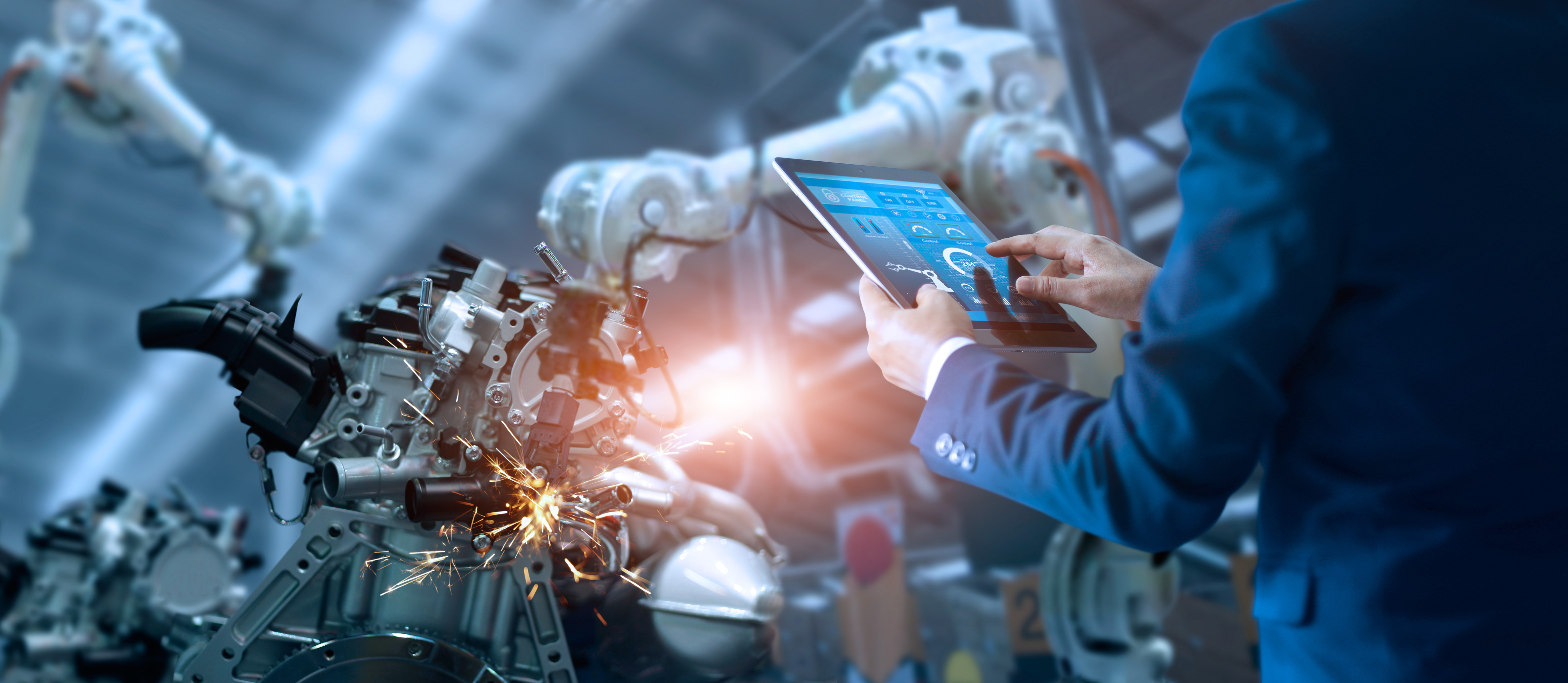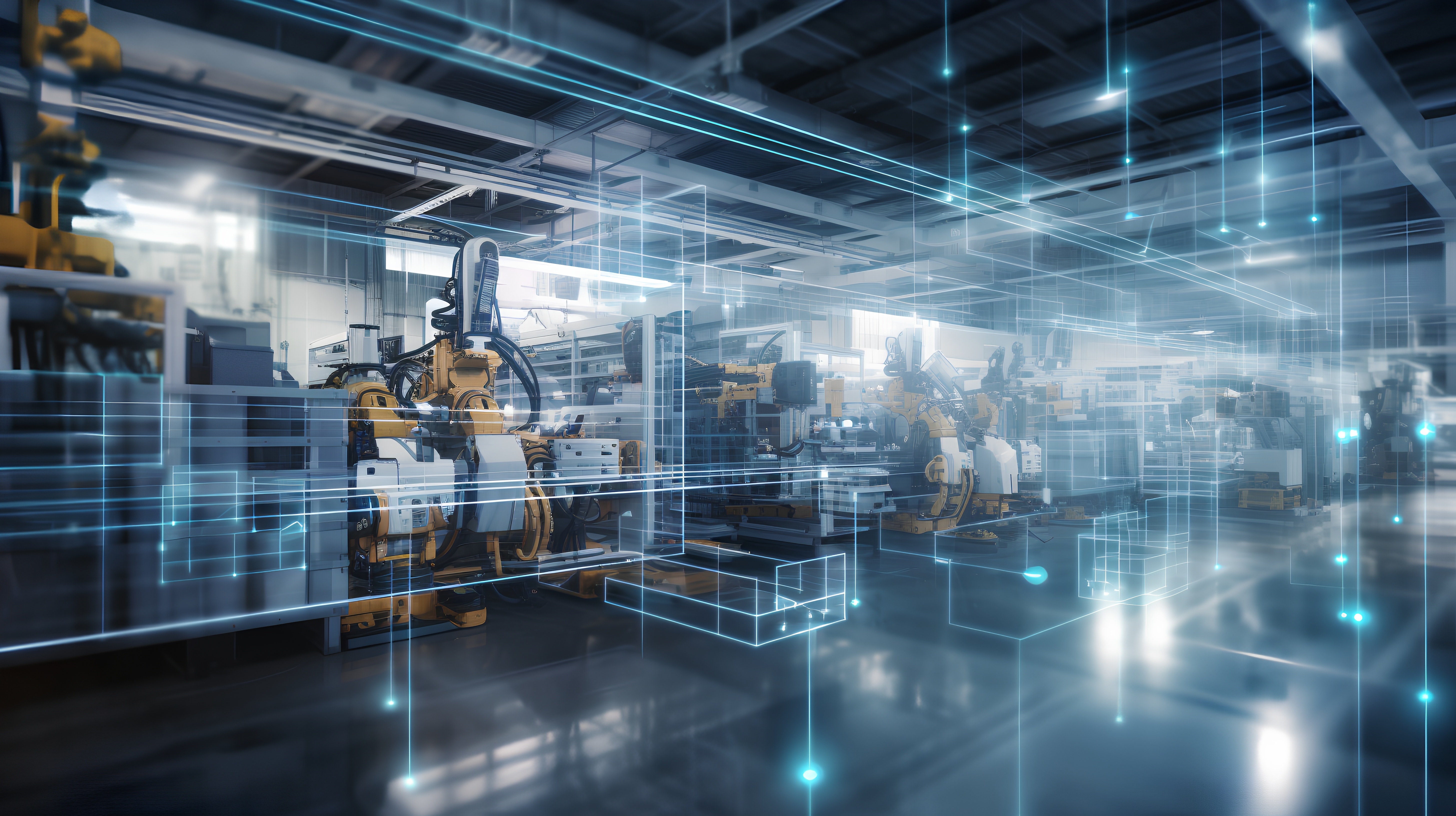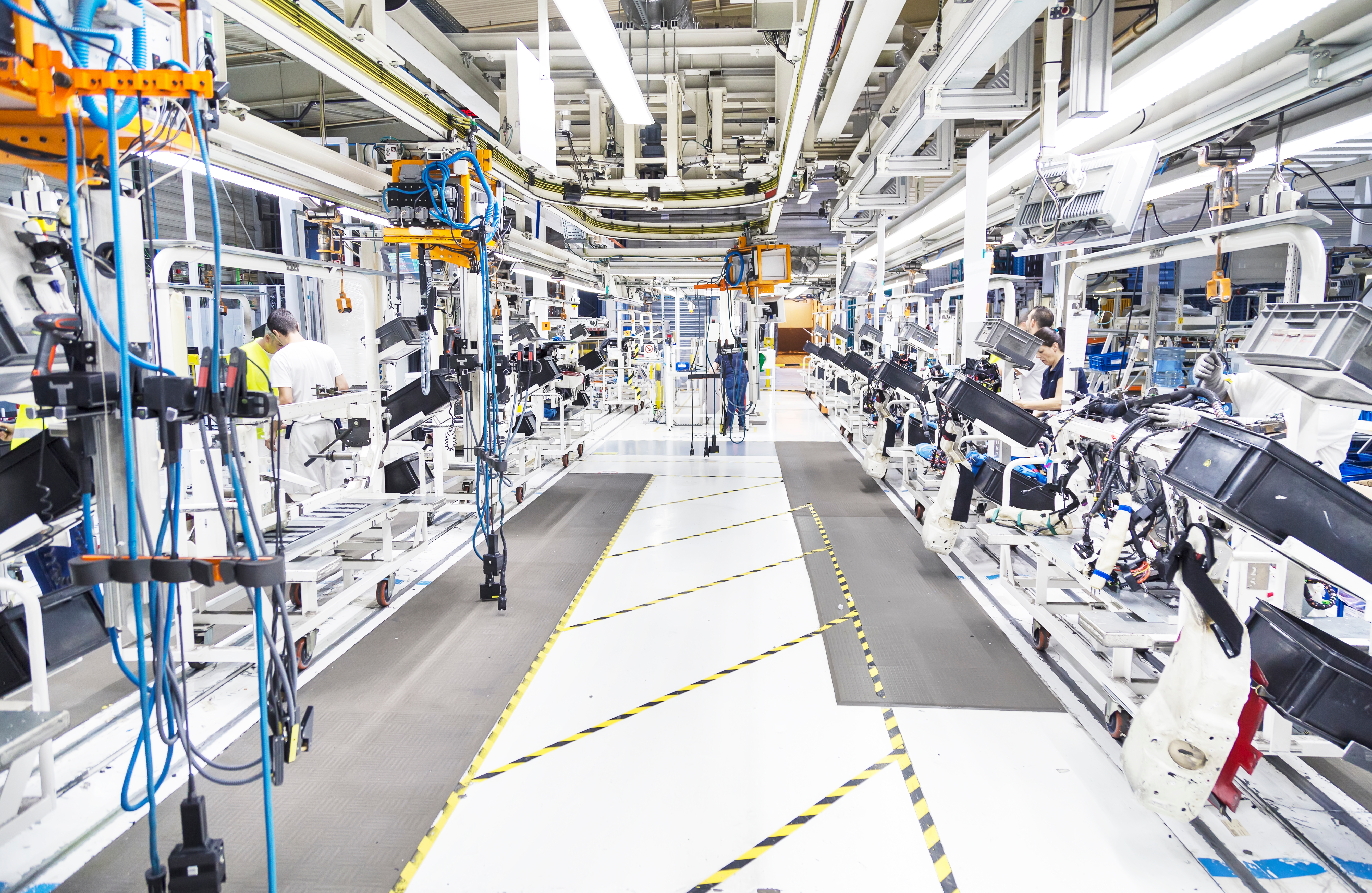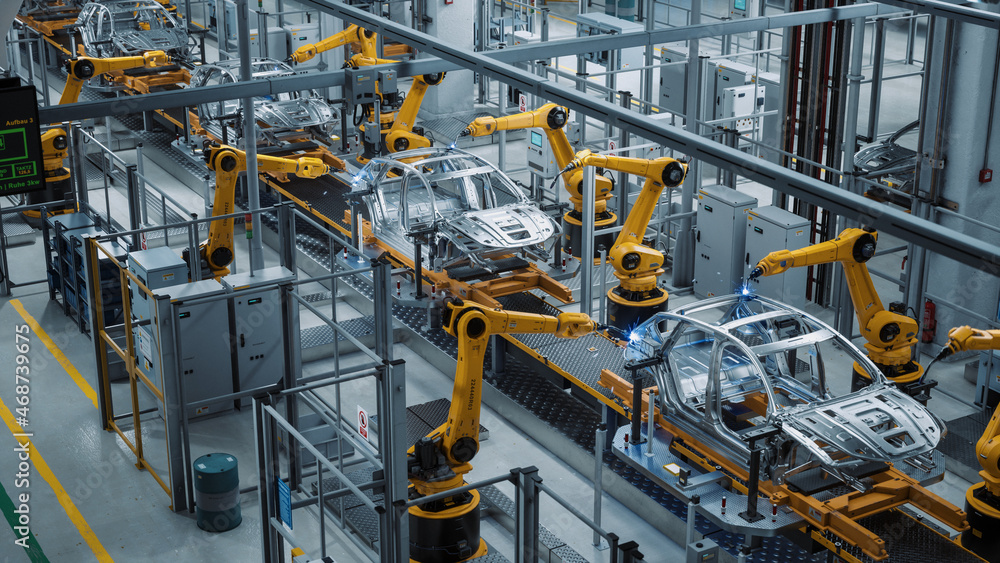In automotive manufacturing, where precision meets innovation, collaboration emerges as the cornerstone of success – and a vital indicator of success. The intricate dance of designing, producing, and delivering automobiles requires a harmonious symphony of efforts from various stakeholders. From designers and engineers to suppliers and distributors, every entity plays a crucial role in the intricate ecosystem of automotive production.
At the heart of automotive manufacturing lies innovation. The constant pursuit of enhanced performance, safety, manufacturing efficiency, and sustainability demands the fusion of diverse expertise. Designers conceive futuristic concepts, engineers translate them into tangible blueprints, suppliers produce components and manufacturers bring automobiles to life on the assembly line. This process is not linear but collaborative, with each stakeholder contributing unique insights, expertise, and skills. By fostering an environment where ideas flow freely across organizations, innovation becomes not just a goal but a collective journey towards excellence.
Moreover, in the age of rapid technological advancements, collaboration acts as a catalyst for adaptation. From electric vehicles to autonomous driving systems, the automotive landscape is undergoing a transformative shift. To stay ahead of the curve, manufacturers must collaborate with technology partners, startups, suppliers, and research institutions. By leveraging external expertise, they can harness emerging technologies more effectively and integrate them seamlessly into their products. This collaborative approach not only accelerates innovation but also future-proofs automotive businesses against technological disruptions.
Furthermore, collaboration extends beyond the confines of the assembly line to encompass the entire supply chain. In today’s globalized economy, automotive manufacturers rely on a vast network of suppliers and distributors spanning continents. Any disruption within this intricate web can have ripple effects throughout the industry. Therefore, fostering strong relationships with suppliers and distributors is paramount. Collaborative partnerships built on trust and transparency ensure a smooth flow of materials and components, minimizing delays and maximizing efficiency. By working together as a cohesive ecosystem, stakeholders can mitigate risks and capitalize on opportunities more effectively.
Additionally, collaboration plays a pivotal role in advancing sustainability initiatives within the automotive industry. As concerns over climate change continue front and center, there is growing pressure on manufacturers to reduce their environmental footprint. This requires a concerted effort involving not just automakers but also suppliers, logistics organizations, regulators, and advocacy groups. By sharing best practices, investing in sustainable technologies, and collaborating on eco-friendly initiatives, stakeholders can collectively drive the industry towards a greener future. From lightweight materials to recyclable components, collaborative innovation holds the key to achieving sustainability goals without compromising performance or safety.
Moreover, collaboration fosters a culture of continuous improvement and learning within all automotive-centric organizations. By encouraging cross-functional teams to collaborate on projects, companies can tap into the diverse perspectives and skills of their workforce. This not only enhances problem-solving capabilities but also boosts employee morale and engagement. A collaborative work environment where ideas are valued and contributions are recognized breeds innovation and fosters a sense of ownership among employees. As a result, the automotive ecosystem can attract top talent and retain key personnel, ensuring long-term success in an increasingly competitive market.
Technology is the linchpin. In the manufacturing process, technology is central to navigating the path to efficiency, time optimization, and delivering quality automobiles. Solutions that deliver on the promise of the Smart Factory of Tomorrow today are key. Many point to Industry 4.0 innovations that fuse connectivity, AI, lean processes and economies of scale across the manufacturing and supply continuum as the goal. Accurate forecasting, transparency across the supply chain and the ability to pivot due to external pressures are as vital as shop floor technological advancements. Technology sits at the center of all collaborative endeavors with technology providers as key players.
Collaboration is not just a buzzword but a fundamental principle that underpins the success of automotive manufacturing across all stakeholders and participants. From driving innovation and adaptation to optimizing efficiency and sustainability, collaboration is indispensable for navigating the complex terrain of the automotive industry. By fostering a culture of collaboration, automotive manufacturers and suppliers can unlock new opportunities, overcome challenges, and drive towards a future where excellence and quality are realities.










